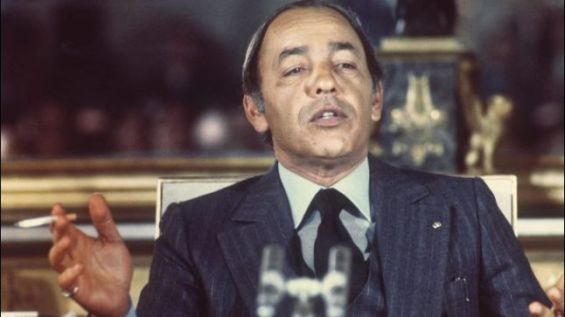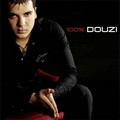King Hassan II was the first monarch to ever patent an invention in the United States. The late king who reigned over the North African kingdom from 1961 to 1999, registered his invention in 1989.
Known for his scientific curiosity, the then 59-year-old king conceived a medical device capable of detecting, studying, and monitoring diseases, particularly heart conditions, through electrically recorded data.
In April 1986, the Moroccan monarch filed a patent application in the United States. Three years later, on February 21, 1989, the patent was granted and published under the reference US4805631A.
A New York Times article published on February 25, 1989, quoted a spokesperson from the Moroccan embassy in Washington, who remarked on King Hassan II's enduring «interest in the medical field». Notably, the invention, still in its conceptual stage at the time of publication, uniquely combined «videotape and an electrocardiogram» to provide deeper insights into heart function.
A device to monitor heart performance
Essentially, the device aimed to observe and record the activity of at least one organ using electrically measurable data. To achieve this, the system employed «video means for filming and recording movements of the subject, known means for detecting and transmitting the electrocardiogram of the studied subject, and an assembler for receiving and possibly recording together the data received by said video means and by said detecting and transmitting means», as outlined in the patent document.
King Hassan II's invention aimed to empower doctors and medical researchers with «a device for detecting under the best conditions, and by assembling the various necessary elements, the diseases which may result in an electrically recordable manifestation», according to the same source.
As noted by Gerald Pohost, Director of Cardiology at the University of Alabama, interviewed by The New York Times, King Hassan II's invention significantly addressed the limitations faced by individuals with heart problems, who relied on cumbersome portable monitors and activity diaries. Pohost, who was slated to assist Moroccan doctors in building a prototype of the device, stressed that existing methods were often «inaccurate and never complete, making it difficult for doctors to interpret the data».
King Hassan II's invention not only represented a significant advancement in medical technology but also held historical significance. A spokesperson for the American Patent and Trademark Office confirmed to the New York Times that this was the first patent ever granted to a monarch in the United States.





 chargement...
chargement...












